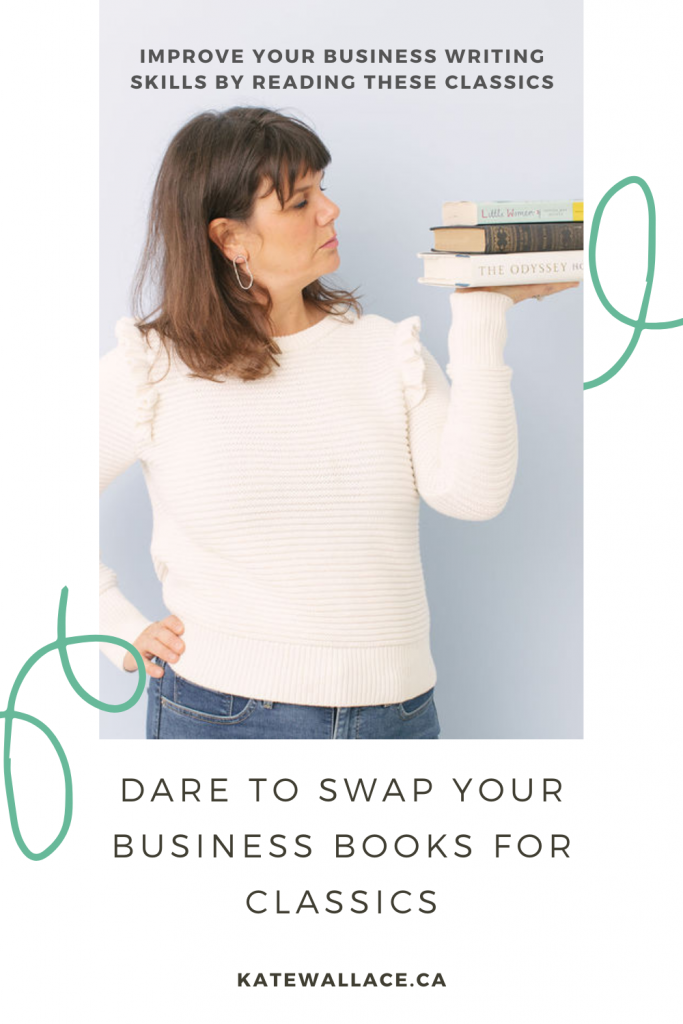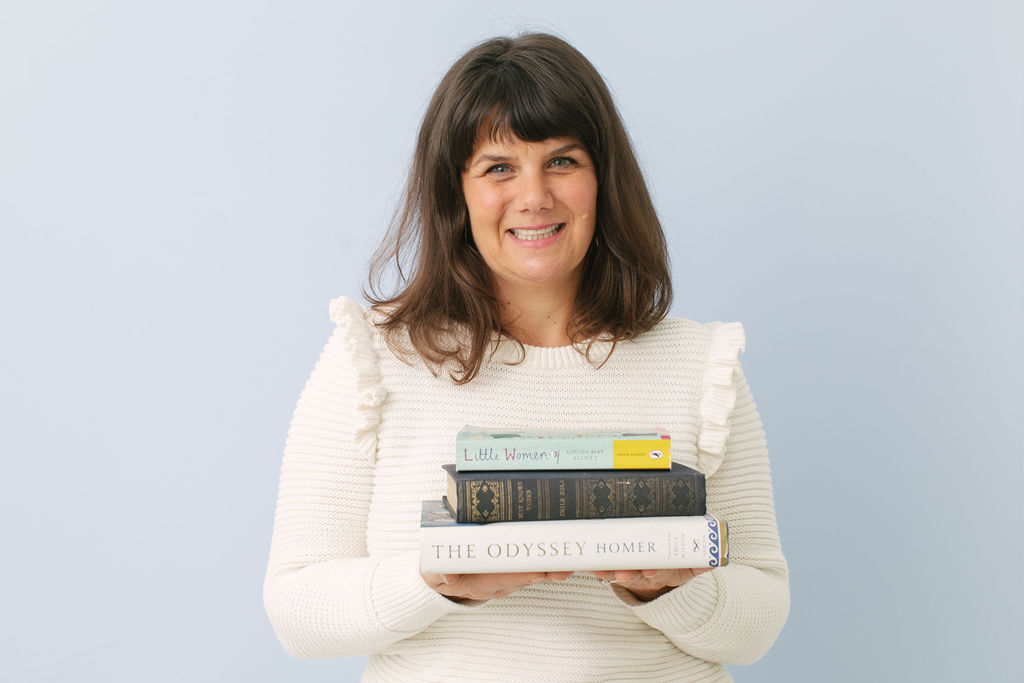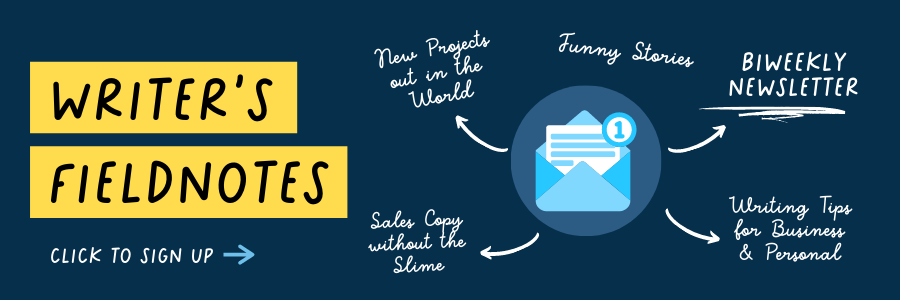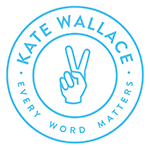Every businessperson, it seems, has read ‘The Art of War.’
But how many have read ‘War and Peace‘?
When I ask entrepreneurs and executives what they’re reading, the answer is almost always a business book. And their lists are invariably homogenous, with bookcases groaning under the corporate canon, with titles such as ‘Good to Great,’ ‘Start With Why,’ ‘The Lean Startup,’ ‘The 7 Habits of Highly Effective People.’
You get the idea.
It’s smart to be up on the prevailing ideas and authors of the day. Even just for small talk’s sake, it’s useful to know what Sheryl Sandberg’s call to ‘Lean In’ means or have a sense of what the e-myth is all about.
But your reading should only start with business books and continue to prose (and even poetry). Consider adding some literature to your bedside stack, alongside the latest corporate bestseller.
It’s not just good for you. It’s good for business. Here’s why.

INSPIRATION
Creativity and innovation are all about combining things in new ways. We never really create anything completely new. We’re always drawing and building on the work of those who came before. How can you hope to develop the next great idea if you’re reading the same books and drinking from the same well of ideas as the competition? Distinguishing yourself takes courage. It also requires diverse sources of inspiration.
When it comes to reading the classics, sparking ideas is just the beginning. There are other perks, too.
PERSPECTIVE
Things feel pretty dire right now. There is a global pandemic, high unemployment, a weak economy, and widespread social unrest. Add in climate change and rising nationalism, and you can start to wonder: could things get any worse?
They could.
Scan the great works, and you’ll quickly see all the ways and times things have been harsh.
From the Dust Bowl deprivations of Steinbeck’s ‘The Grapes of Wrath’ to the horrors of the Spanish Civil War depicted in Hemingway’s ‘For Whom the Bell Tolls,’ famous literature often takes us into periods of great struggle and sorrow.
A book is an escape hatch from the present moment. It’s also an instruction manual on how people have faced adversity through the ages.
TRANSCENDENCE
Business theories are trendy. Literature endures.
When it’s working well, a great book transcends the particulars of time and space to show us bigger, bedrock human truths. Bonus: no tedious corporate-speak. You won’t find a Dickens character talking about how they “show up” or a Bronte heroine threatening to “blue-sky” an idea.
And there’s the issue of quality. Many business books aren’t, well, very well written. Too often, they shouldn’t be books at all. They are TedTalks inflated to book-length and form. There’s a lot of filler, not to mention faddish ideas and tired cliches. Many works of classic literature are dense, but they deserve to be.
PSYCHOLOGY
So much of building a winning brand or leading a successful organization depends on your ability to understand people. What motivates them? What holds them back?
Stories are uniquely capable of taking us into the minds of others. They are empathy machines, vicariously transporting us into the experience of being someone else. If you want to better understand teamwork and sibling rivalry dynamics, check out Louisa May Alcott’s American classic, ‘Little Women.’ Each of the March sisters has a distinct personality and role within the family unit. When the siblings see their places in the group, putting their unique strengths to work, they are happiest.
Name a human emotion or experience, and there’s a great book built on that theme.
RELEVANCE
‘The Odyssey’ is the oldest existing work in the Western canon. Homer’s epic Greek poem is still relevant today, a masterpiece of storytelling and a masterclass on strategy. You could do a lot worse than watching how Odysseus, the wily, deposed king of Ithaca, survives 30 years of exile, shipwreck and perils on his long journey home after the fall of Troy.
If you’re having a tough quarter or wondering what your next move should be, try looking to Odysseus, master of the pivot. (And, hey, at least you don’t have to worry about being besieged by mythical sea creatures.)
BRAGGING RIGHTS
If you want to impress people, there’s nothing like sprinkling a Melville reference in your next speech or name-dropping Camus at a conference networking event. (OK, that might be a bit much).
Reading the classics is better than the master cleanse to make you feel good about yourself. And you’ll learn something along the way, too, that helps in life and the boardroom.
With all of the tumult of the year so far and the unpredictability of the rest of 2020 looming, we need all the inspiration we can get. We don’t know what this winter may bring, but we know it’s coming. The classics bulge with timeless lessons on life and leadership that can help you steer through any storms that head your way.

Top 10 Classic Works for Entrepreneurs
Little Women:
Teamwork personified. The March sisters each bring their unique personality, skills and strengths to keeping their Civil War-era household humming.
On the Road:
For those days when you need a getaway. Jack Kerouac’s modern American classic is vicarious escapism at its best into a breakneck, Beat-era adventure.
The Great Gatsby:
Sometimes in business, you can get so preoccupied with profit, it’s easy to lose sight of what matters. Gatsby is the man who has it all–except what his heart most desires.
Brave New World:
How bad can things get? Aldous Huxley’s chilling dystopian novel goes there. Cold comfort in unstable times.
Frankenstein:
Mary Shelley’s monster story is a cautionary tale about the unintended consequences of ambition and invention and a heartbreaking look at ostracization.
Call of the Wild:
It’s easy to forget, from our air-conditioned bubbles, that nature is out there, abundant, untamed and free. Jack London takes us there.
The Lion, the Witch and the Wardrobe:
Imagination is inherent to creativity, something kids get instinctively. C.S. Lewis’s children’s story reminds us there is still wonder in the world.
Mrs. Dalloway:
If productivity is your jam, you’ll appreciate how much Virginia Woolf covers in her novel following a single day in the life of Clarissa Dalloway, an upper-class London woman.
Anna Karenina:
Not quite so weighty as Toltstoy’s other door-stopper, ‘War and Peace,’ you can still get lost in this vast, epic story that paints a vivid picture of a lost Russia through one woman’s tragic path.
The Odyssey:
There’s a lot to learn from sly Odysseus, the exiled king with a very protracted return home. Emily Wilson’s highly readable translation is the first by a woman into English.



